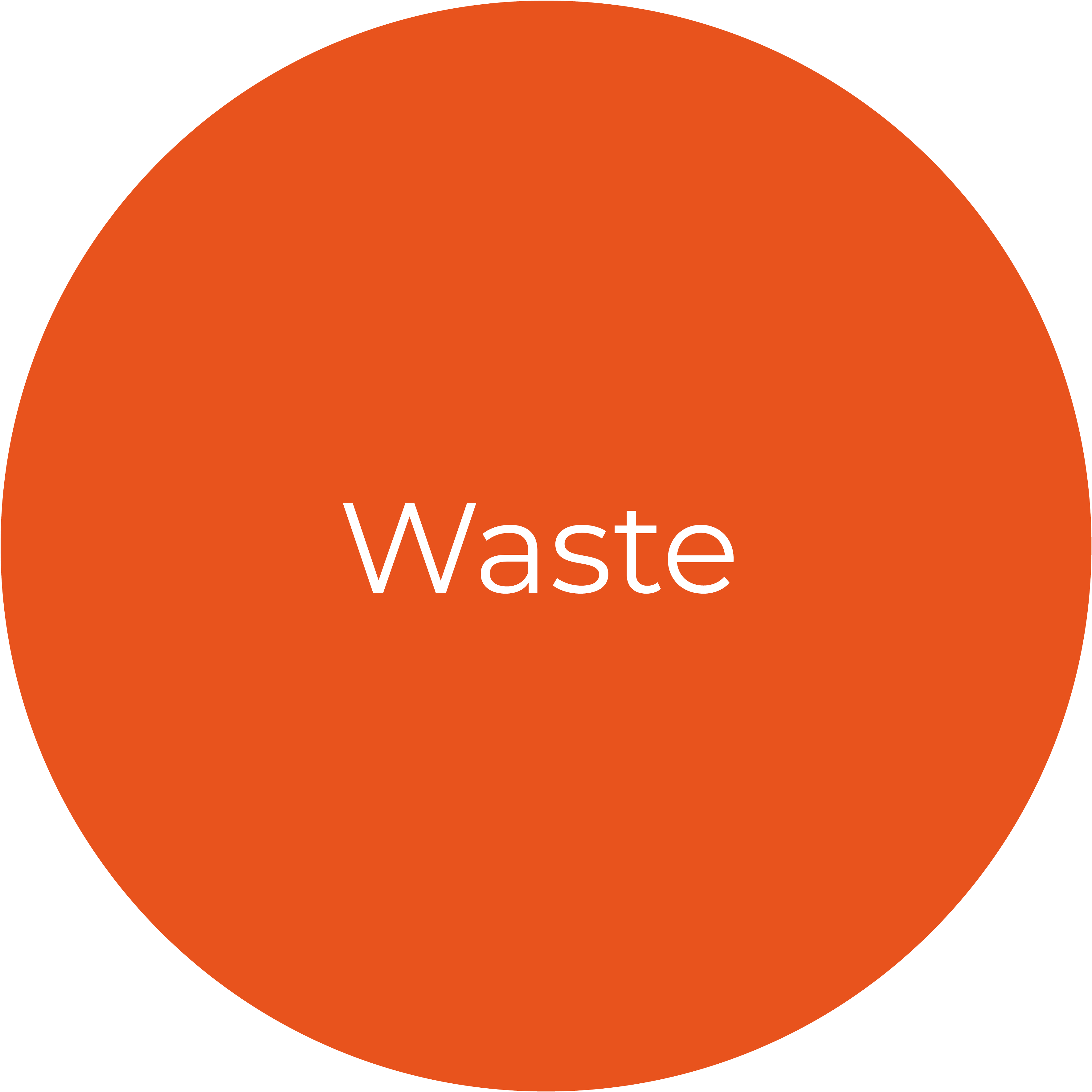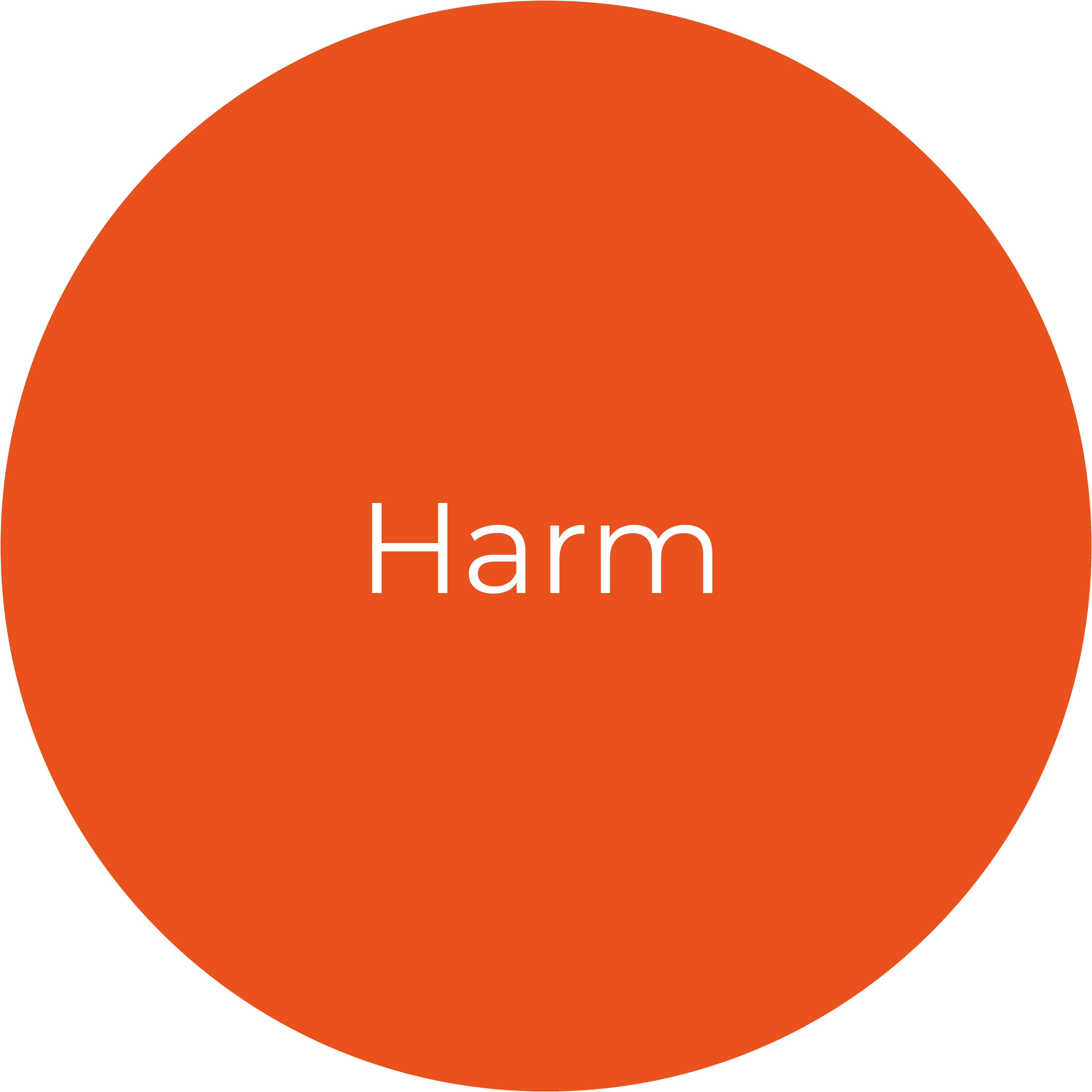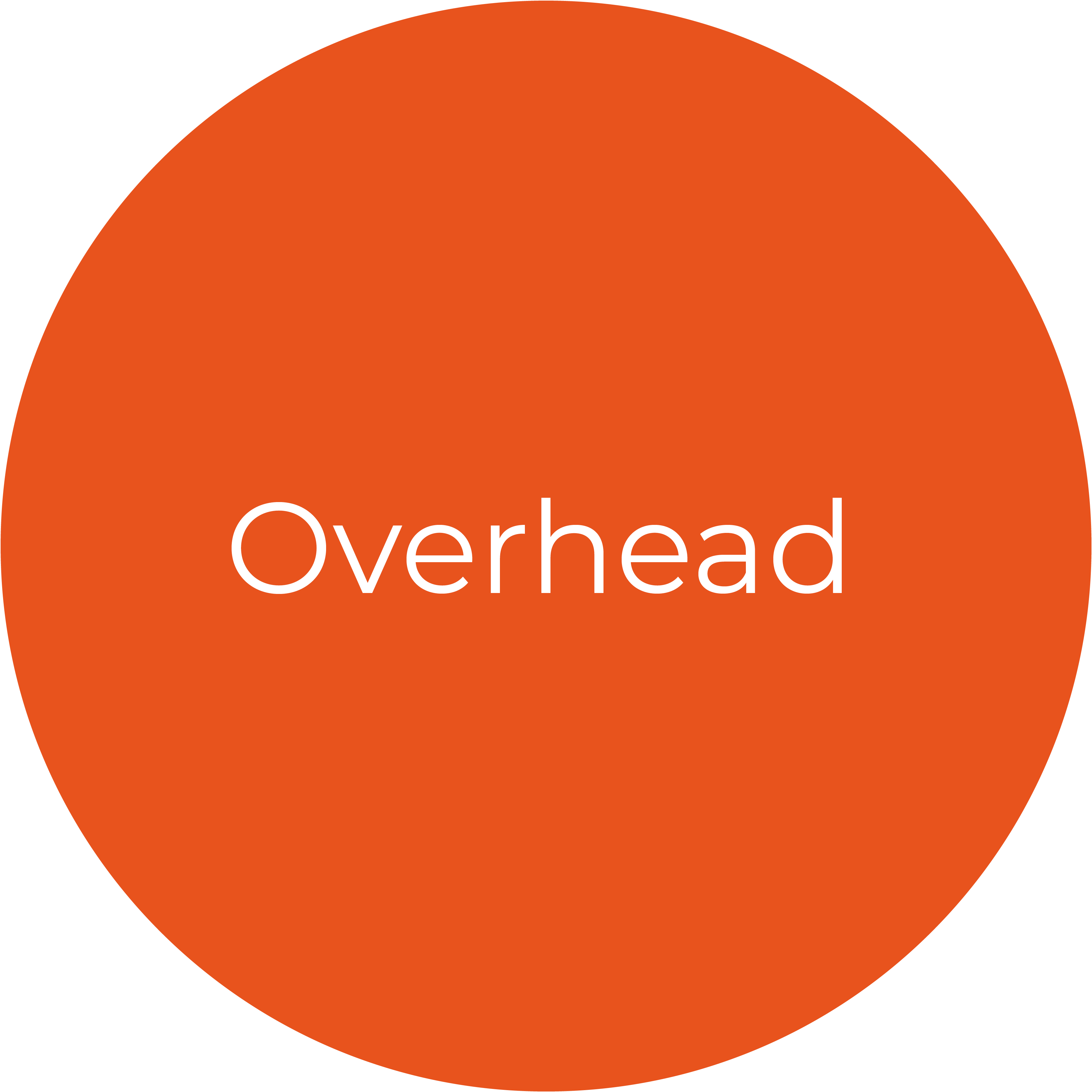The triad of in-efficiency
How to identify the importance of efficiency in your centralisation transformation.
You will have heard the familiar time, cost and quality variables fo efficiency. But in a modern business function, these 3 categories are not enough to encompass the breadth of inefficiency within an organisation. You should focus more on waste caused by poor processes, the harm caused and the additional overheads.

Waste is inefficient both in input and output.
Output first. Executing a high number of tasks creating assets or answering requests may appear to make a function productive but if the quality is poor then the volume of output is often irrelevant and producing less at a higher quality would be considered more efficient and therefore potentially more valuable for purposes of cost, resource, quality and reputation.
Input also causes a problem for efficiency as often organisations trying to get ahead of activity and front load tasks, only to require changes later down the road. The art of producing work ‘just in time’ is a key efficiency marker.

Harm is a broad category in efficiency and can be broken down to smaller categories appropriate to your industry. Harm can come in many forms but can be summed up by harm to reputation (including regulation), harm to revenue (acquisition and retention) harm the customer.
Inefficient delivery of products or services can harm all three of those categories and it is important for you to understand outcomes required in your processes for you to identify inefficiency and the impacts of ‘harm’ that poor process could cause.
A risk register or impact assessment are good tools to use to start with and regular reviews are important particularly in regulated environments.

Indirect costs caused by inefficiency are one of the largest negative impacts to an organisation.
It is subjective to measure, which is why it is often not and, when evaluated properly, can be a shock. It is also very bespoke to the organisation and their goals.
Identifying overheads in a process can lead to better decisions on specialist resource requirements and overall maturity of process, as well as help to remove excess resources, facilities and infrastructure .
A certain amount of overhead is unavoidable, but identifying costs associated to specific processes and outcomes give an organisation a true cost of activity and enable efficiencies to be driven though their processes.
Understand efficiency in your function or define a strategy, contact us for a discussion with our experts.
Global Centralisation
A guide to everything you need to know about transforming your organisation








